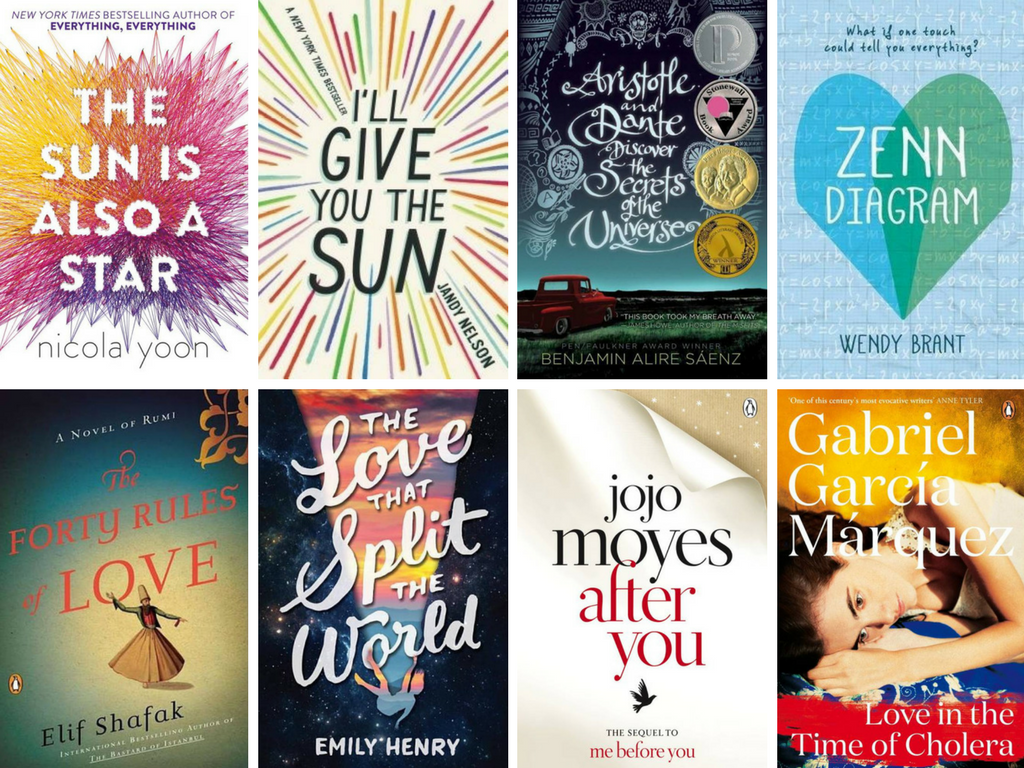Salman Rushdie or Sir Ahmed Salman Rushdie was born as the only son to University of Cambridge-educated lawyer turned businessman Anis Ahmed Rushdie and school teacher Negin Bhatt on June 19, 1947, in Bombay. He went to Cathedral and John Connon School in Bombay before attending Rugby School, a boarding school in England. He went on to receive higher education at King’s college at the prestigious University of Cambridge, where he studied history. Having earned his masters, he went to live with his family in Pakistan. He began working there as a television writer. Soon after, he returned to England, where he worked as a copywriter for an advertising agency.
Islam was an intrinsic part of Rushdie’s upbringing. His grandfather, a family doctor and devout Muslim, said his prayers five times a day and went to Hajj and Mecca. Despite that, he never took offense when young Salman admitted his profanity. The grandfather would simply say, “Really? That’s very interesting. Sit down here and tell me about it.” Atheism was not surprising in Rushdie. In his own words, “I do not need the idea of God to explain the world I live in.”

In 1975 Rushdie published his first book Grimus, a fantasy and science fiction novel that received unenthusiastic reviews. It was neither a critical success nor a particular favorite among readers. Unperturbed, Rushdie went on to write his second novel Midnight’s Children which earned him innumerable accolades and a reputation in the literary world. This book enriched with magical realism is a fascinating saga of pickle-factory worker Saleem Sinai born on the eventful occasion of India’s independence, whose life is inseparable from the history of the country and whose telepathic powers connect him to thousand other midnight’s children. The honors the book was awarded include the Booker Prize and the James Tait Black Memorial Prize (for fiction). In 1993 and 2008 it was awarded the “Best of the Bookers, ” a distinction that made it the best novel to have won a Booker Prize for Fiction in the award’s 25 and later 40-year history.
One of many notice-worthy phrases in the book is:
“A man comes to Kashmir to enjoy his life or end it, or both.”
Three years after the book’s publication, the author got hit with a big fat lawsuit from Indira Gandhi for having written a small ‘defaming’ paragraph about her in his book, which he omitted in his later publications.
Rushdie’s follow up Shame won the French Literary Prize and was shortlisted for the Booker prize. All was well until he published his novel The Satanic Verses in 1988 for which he was accused of blasphemy against Islam. A subplot of the book that consists of two characters Gibreel and Saladin surviving a plane bombing and transforming into resemblances of Archangel Gabriel and Satan respectively, involves visions of a Muhammad-like figure (named Mahound) and the early history of Islam. This fictitious vision greatly angered many Muslims. It received such vehement reactions that Iran’s spiritual Leader, Ayatollah Khomeini condemned the book as blasphemous and issued a fatwa against the author in 1989, offering a bounty to anyone who would kill him. Public demonstrations followed in Pakistan and at bookstores around the world, and multiple people associated with publishing the work in translation were attacked and killed or injured. The writer was forced to live under police protection. For a long period of time, he lived in hiding for the fear of his life. During this time, he was denied a visa to many countries including his homeland, India, which deeply upset him.
To try and dial back the outrage, Rushdie issued a public apology and voiced his support of Islam contradicting his own sentiments, “Where there is no belief, there is no blasphemy.” The heat around The Satanic Verses eventually cooled and in 1998, Iran declared it would not support the fatwa.
Even at the height of the controversy, Rushdie continued to write. In all, he has written twelve novels as well as a collection of children’s books and published several collections of essays. His novel, Midnight’s Children was adapted into a major motion picture. In 2007, Salman Rushdie was awarded Knighthood by Elizabeth II, much to the disappointment of Muslim extremists. In 2012, Rushdie published Joseph Anton: a Memoir, an account of what life was like for him during the decade-long fatwa. Rushdie’s recent novel Two Years Eight Months and Twenty-Eight Nights was published in 2015.
In 2008, he publicly regretted his embrace of Islam in the wake of the criticism of The Satanic Verses.H e referred to his apologetic embrace as ‘Deranged Thinking.’
A Fellow of The Royal Society of Literature, Rushdie has been a fierce defender of freedom of expression and was a frequent critic of the US-led war in Iraq. According to him, “What is freedom of expression? Without the freedom to offend, it ceases to exist.
























